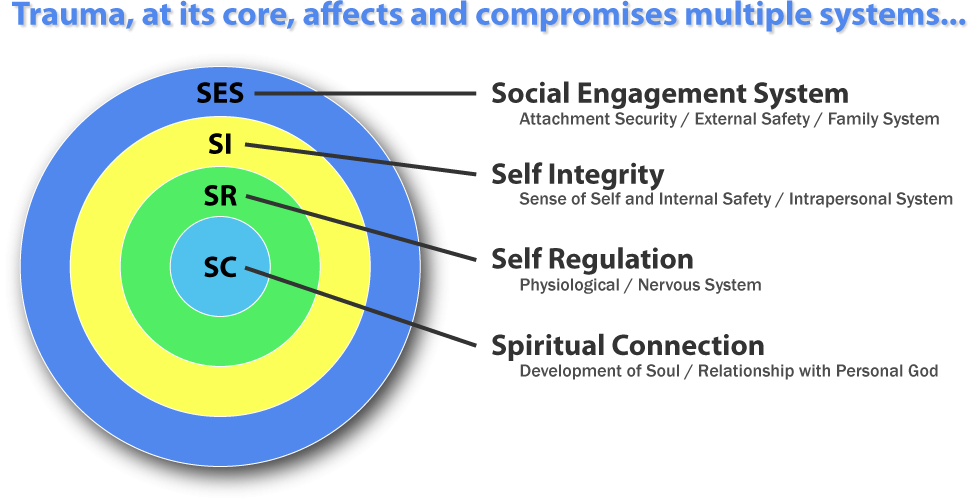Trauma
-7ca01467.jpeg)
-61377a2f.jpeg)
-6f3dbc8f.jpeg)
What it Means to be Trauma-Informed
Trauma, which comes from the Greek word for wound, can come in both physical as well as emotional forms. Often, physical wounds are easier to treat and address because they are seen, but emotional wounds can be hidden away beneath the surface, invisible to the world around us. Although unseen, the impact of these psychological and emotional wounds is vast, creating just as much need for tending and care as any physical wound.
At Path of Life Counseling, we recognize that sometimes people endure such severe wounds and/or chronic traumas in life that such events do not register “as just things that happened in the past”. Instead, they are re-experienced in the present, as if they are currently happening. These traumas or wounds get encoded in our brains and our bodies as fragments, small images, impressions, sensations, sounds or smells, filling the body with a highly charged response without the words to articulate or narrate the experience. These traumas become implicit memories. Implicit memories are timeless, so any time something reminds our brain of the traumatic experience, we don't merely remember it, we experience it all over again, being traumatized. At Path of Life Counseling we use evidence-based models to help reorganize this information for a greater sense of freedom from these painful wounds.

Our trauma-informed and trained therapists address these emotional, physical, and psychological traumas by creating a safe environment for our clients to address the wounds inflicted in the past. Bessel Van Der Kolk, a leading expert in trauma recovery, emphasizes the importance of safe connections in the healing process: "Being able to feel safe with other people is probably the single most important aspect of mental health; safe connections are fundamental to meaningful and satisfying lives." It is through these safe connections that the work of trauma recovery begins, which is why attachment theory is a cornerstone of our training. In addition, we utilize other trauma-informed practices such as the modalities listed below.
- EMDR - Eye Movement Desensitization and Reprocessing
- DBT - Dialectical Behavior Therapy
- IFS- Internal Family Systems
- Murray Method
- TBRI – Trust Based Relational Intervention (parenting)
- Somatic Practices
- SPI-Sensorimotor Psychotherapy
- Somatic Touch Work
- Therapeutic Yoga